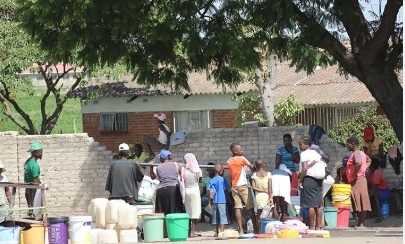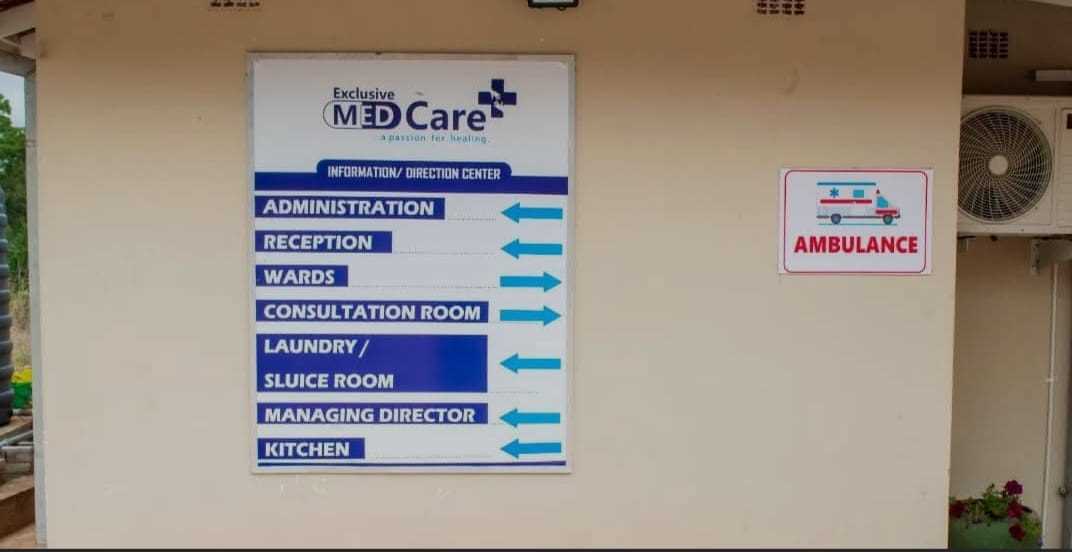
Philemon Jambaya
Zim Now Editor
The once-bustling town of Chitungwiza has been reduced to a ghost town, its residents grappling with a severe water crisis that has persisted for over three weeks. The lack of access to clean, portable water has created a humanitarian disaster, affecting every aspect of life in this dormitory town.
Women, who bear the brunt of household responsibilities, have been forced to spend hours collecting water from distant sources. This arduous task has disrupted their daily routines and limited their ability to engage in other activities, such as education and employment. Children, too, have been severely impacted. Schools have been forced to close due to the lack of sanitation facilities, while families struggle to maintain basic hygiene standards. The risk of waterborne diseases is high, posing a significant threat to the health and well-being of the community.
The crisis has also placed a strain on the local healthcare system. Hospitals and clinics are facing shortages of essential supplies, including water for sterilization and patient care. This has compromised the quality of healthcare services and made it difficult for healthcare workers to provide adequate treatment to patients.
Related Stories
Residents of Chitungwiza have expressed their frustration and anger over the ongoing water crisis. Many have blamed the local municipality for failing to address the issue promptly.
"It's been weeks since we last had running water," said Maria, a mother of three. "We have to walk long distances to fetch water from nearby rivers, which is not safe. Our children are falling sick, and we don't know what to do."
Another resident, Sarah, echoed Maria's concerns. "This water crisis is a disaster," she said. "We can't cook, clean, or even wash our hands properly. Our health is at risk, and we don't know when this will end."
The water crisis in Chitungwiza is a stark reminder of the challenges faced by many communities in Zimbabwe. As a dormitory town of Harare, Chitungwiza relies on the city's water supply, which is also struggling to meet the demands of its growing population.
Harare City Council has admitted that its water treatment capacity is inadequate to meet the needs of the entire metropolitan area. The outdated infrastructure, combined with the increasing population and the effects of climate change, has exacerbated the water crisis.



















Leave Comments